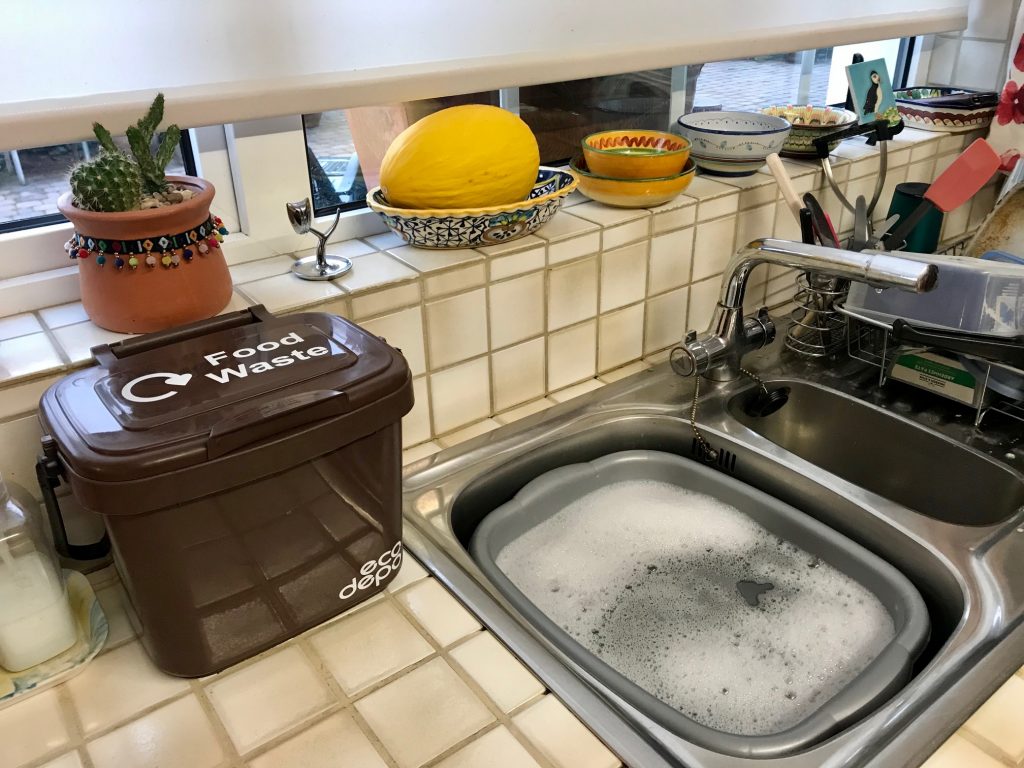Food waste is arguably a big problem in the UK with millions of pounds being wasted by consumers, retailers and producers annually. Some facts and figures taken from Friends of the Earth website are that the average UK family wastes £470 annually on discarded food; 100 million pints of milk are poured down the drain in the UK each year and the UK supermarkets waste 240,000 tonnes of food each year. Food waste tips can help with this nationwide problem.
Legislation is only in place in Northern Ireland and Scotland at present which prohibits households from disposing of food waste in their general waste household bins, England and Wales have yet to introduce such legislation to tackle the growing problem of food waste disposal. Follow our food waste tips below to help.
So, what can your household do to minimise food waste and save money in these difficult times? The first of the food waste tips is very simple – only buy enough perishable food that you can effectively use before the best before date or have room in your freezer to preserve it. Hardly rocket science and immediately saves unnecessary expenditure. A second tip is that food approaching the use by date can safely be frozen without affecting the quality. Cooking the food will also give you a couple more days fridge life – still better than binning it!

What should we do with our unwanted leftovers then? A simple solution is to use a food waste caddy to collect any leftover food, bones, vegetable peelings, stale bread etc. Our EcoDepo 5 litre food waste caddy is ideal for this purpose, especially when lined with our 10 litre fully compostable food waste bags, this will minimise any unwanted odours in your kitchen. Collected this way, your food can go into a home composting bin with minimal fuss and gives a rich compost mix to grow your own vegetables or indeed fruit.
Local councils in Scotland and Northern Ireland provide dedicated food waste household bins which are collected on a regular basis. This unwanted food waste goes on to become commercially sold compost and, in some instances, the surplus food can generate electricity after being sent for anaerobic digestion.
Lastly, always try to buy food which comes in recyclable or biodegradable packaging. Bananas and cucumbers etc have nature’s own protective skins and don’t need to be wrapped in plastic to stay fresh. Look out for the wonky vegetables that some supermarkets sell, they might not have picture perfect looks but still taste just as good!
